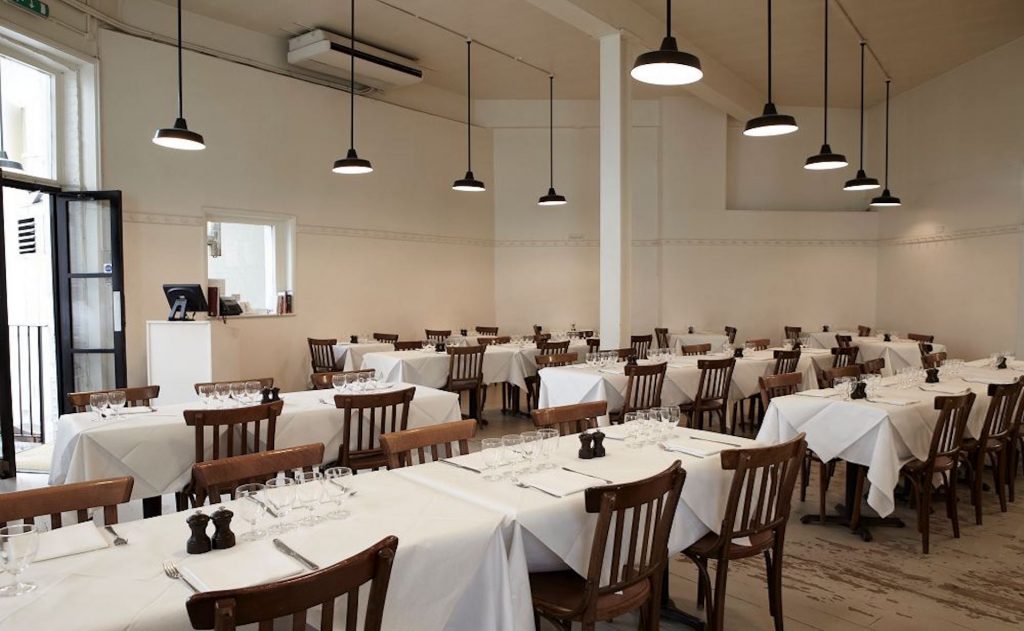If we start from the position that we all have potential, then why is there a gap between where your potential self is and where you are at the moment?
How big is that gap? What is your true potential? It might be that your true potential is way more than you think it is. In which case, the gap is even bigger than you know.
Step one is where you are now.
Step two is looking at where you think your potential is. So this might be being a writer or being an artist.
Step three is discovering where your true potential might be (and you would need help from outside to discover this). This might be being a rocket scientist, climbing the world’s highest and most difficult mountains.
Step four is addressing how to bridge that gap and narrow it as much as possible.
Do you think that you can achieve step two and step three?
If you don’t think you can, then something is holding you back.
It’s a mindset thing for sure.
A great example of opening up your mindset and horizons is what learning how to swim has done for me. Even after my first lesson, when I couldn’t really even finish a length of the pool, I was looking up scuba diving holidays. Now after three lessons, I’m thinking about taking up wild swimming in rivers and taking up surfing. This is all stuff that I’ve dreamed about doing but thought it was pure fantasy. Those are the sort of things that I come up with when asking myself “What’s on my bucket list? What would I love to do?” And now it’s all possible. My horizons and possibilities with regards to swimming and watersports have expanded.
Now if I asked myself about step 3 (discovering where your true potential might be), what’s possible with my swimming? What couldn’t I even contemplate or imagine before that first swimming lesson? Swimming the Channel or swimming the Hellespont? I wouldn’t have dared dream about that a month ago. Now it’s possible. Maybe not likely, but possible. Hold on, why isn’t that likely? Maybe I’ll think differently after I master the freestyle stroke. Imagine once I get to 1,000m without stopping, maybe my horizons with regards to swimming will be so far from what I can imagine now? Maybe swimming the length of the Thames? Who knows!
So what was holding me back?
Why has it taken me until I’m 39 to finally address my terrible swimming and do something about it? In my head, I told myself that it was because of my eyes that I couldn’t swim because of my poor eyesight. I’m a minus 4.0 in my left eye and a minus 0.75 in my right eye. This means that I can’t really see anything without contact lenses or glasses. And glasses or contacts don’t work in the pool. That’s what I told myself and that’s why I couldn’t go swimming to learn in the past 10, 15 or 20 years.
This was probably bullshit. Stuff I told myself so that I wouldn’t have to do it. Now that I’m 39 and thinking about having kids soon, I think it’s really important that I learn to swim. Just in case I ever need to and to teach my kids and just for the sheer joy of being good at a fundamental human skill.
The solution was ridiculously easy. I just googled ‘prescription goggles’ and it was SO cheap and easy. £15 for prescription goggles. Now swimming is something that I look forward to.
How easy was that?
What’s something that you want to do and what’s holding you back?
How can you break through? Maybe it’s that you want to be a singer. So how about taking a singing lesson. £100 for 5 lessons from a professional singing teacher. Or maybe you want to be an artist. Go on a short course at a decent art school. I did one for about £350 for 10 x 2 hour lessons at Chelsea School of Art. At the very least, it’s fun and you’ll find out whether it’s something you want to pursue. Let me know what you want to do in the comments below!
















